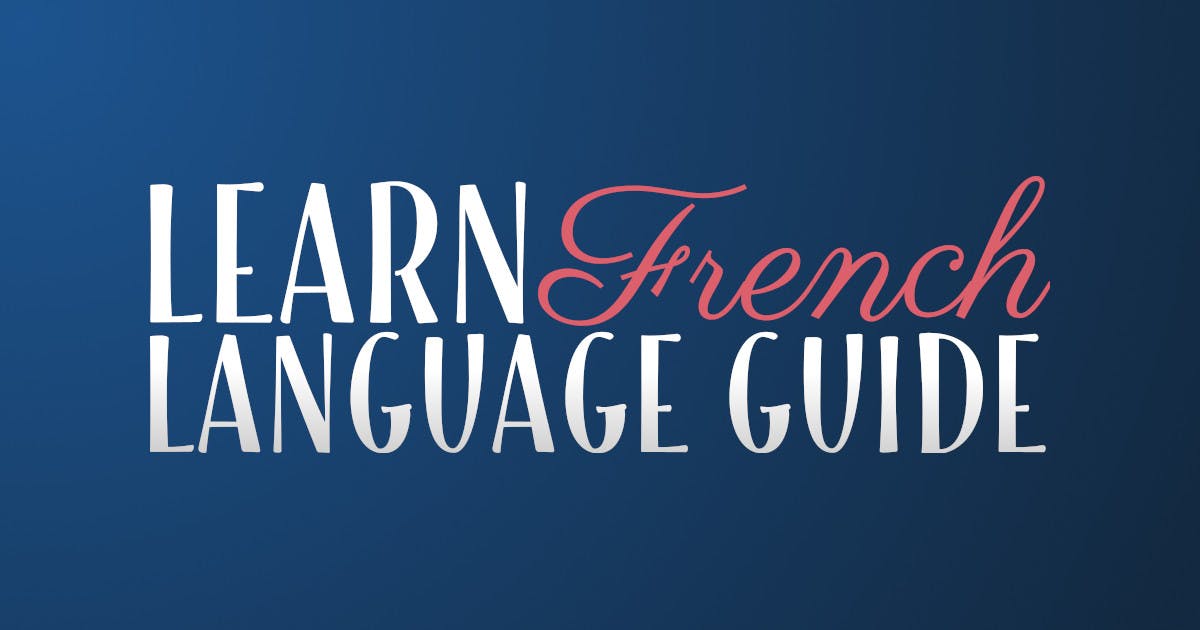Learn French: How To Talk About Sports
Many people in French speaking countries are sports nuts, just as they are in English speaking countries.
"Le football", soccer is, by far, the most popular sport. Not only do people watch it on T.V., but there are many local teams they support, and many enthusiasts play the sport themselves for exercise and fun. Tennis and cycling are also very popular, both to watch and to participate in. Let's learn some sports expressions and see if we can use them in conversation.
Athletics
l'athletisme (m)
Bicycling track
le velodrome
Boating
le canotage
Cycling
le cyclisme
Field
le terrain
Fishing
la peche
Hunting
la chasse
Horse racing
les courses de chevaux
Horseback Riding
l'equitation (f)
Rowing
l'aviron (m)
Rugby
le rugby
Running track
la piste
Shooting
le tir
Skating
le patinage
Skiing
le ski
Swimming
la natation
Swimming pool
la piscine
Team
l'equipe (m)
Tennis
le tennis
Yachting
le yachting
Wrestling
la lutte
Not too hard, right?
Some of them are exactly the same as in English. You will notice that in four cases, we specified whether it was a masculine or a feminine noun. That is because before a vowel, the "le" or "la" is contracted to l', so you cannot tell whether it is masculine or feminine. Let's talk about our friend Georges, who is a sports nut.
Georges est un amateur passionne de sports. Il est membre (maum bruh) d'une equipe (ay keep) de football. Il est aussi membre d'une association sportive qui possede un grand terrain de sports; il y a un velodrome, une piste (peest), une piscine (pee seen) et plusieurs (plew si yuh) terrains pour le football et le rugby, deux sports pour lesquels Georges est tres enthousiaste.
Before you look at what it all means, say the passage above out loud and see if you can figure out what they are talking about. Skip over the words you do not know and just get the general idea. Did you figure out that Georges loves sports and belongs to a club that has a lot to offer in the way of sports?
Remember "il y a" which means there is or there are?
Now check to see how you have done: Georges is an ardent sports amateur. He is a member of a football team. He is also a member of a sports club which possesses a large sports ground; there is a cycling track, a running track, a swimming pool and several fields for football and rugby, two sports about which Georges is very enthusiastic. We are getting to the point where you should no longer need the phonetic description after every new word.
So let's review some sounds and start to use them in future pronunciation. Vowels Vowels are long or short.
Vowels are long before a single soft consonant (vr, ch, and ll when it is sounded as "y") Vowels are short when followed by a hard consonant or by two consonants (os, force, juse, carte) or when a final syllable ends in a vowel sound (ma, la, si, est) and in e or e. a, a as in "far" when long, and like the "a" in rat when short. Page, dame, par. a as in "bah". La, papa. e as in "gay". Ete, donne e as in "pair". Pere, mere. e as in "her". Le, me. i as in "seen". Il, ici. o as in "home when long, and like "law" when short. Rose, poser. u, u pronounced as "ee", but with closely rounded lips. Lu, vu, sur. Consonants Consonants are the same as in English with these exceptions: c is pronounced "k" before a, o, u or a consonant. Cage, cacao, credit. c is pronounced "s" before e, i, y. Ce, cigare, bicyclette. c is always pronounced "s". Francais, garcon. ch is usually pronounced "sh". Chien, cheval, chef. but as "k" before some words: echo, Christ, Chretien, technique, orchestre. g is pronounced hard as in "go" before a, o, u or a consonant other than n. Gare, guide. but soft as in "measure" before e, i, y. Manger. gn is a soft g. Oignon, Bretagne gu is a hard g. Guerre, guitare. h is always silent. L' heure, l'homme. j is pronounced like a soft g. Je, jamais. ll is pronounced as in English when preceded by i. Illegal, illustration. but as y as in "yes" when it is in the middle of a word. Fille, bouteille. q, qu is pronounced like k. Coq, cinq. r resembles the sound of gargling. Rose, Charles. s at the beginning of a word, as in "see. Sont, sac. but between vowels like "z". Alsace, transaction. ss is always like the s in "see". Poisson, assassinat. sc like sk before a, o u or a consonant. Scandale, sculpteur. but like s before e, i or y. Descendre, science. t is usually pronounced as in English. Tenir, question. but like s in words ending in -tial, -tiel, -tience, -tion, etc. Nation, patience. th is pronounced like t. The, theatre.

SUBSCRIBE: